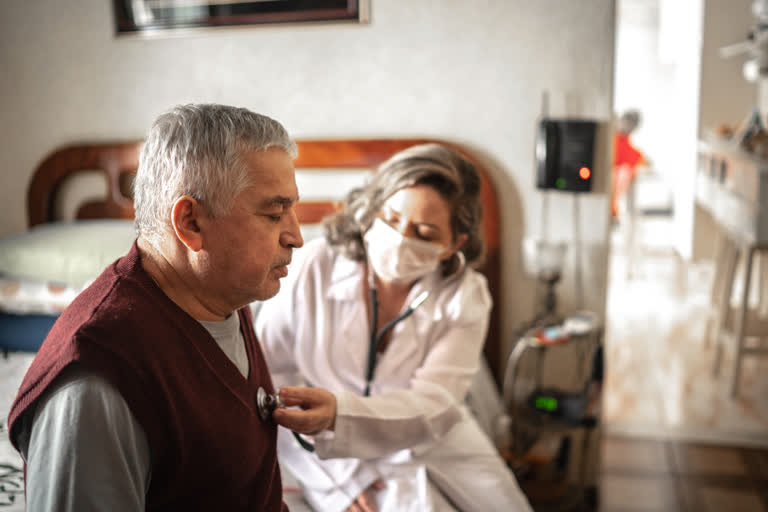Debates over whether hydroxychloroquine should be taken to help lessen the duration and impact of COVID-19 have revolved around the drug's reputation for causing cardiac events such as abnormal heart rhythms or beats and cardiac arrest. Because of this, the U.S. Food and Drug Administration has revoked emergency use authorization for the drug in treating COVID-19.
Another drug, azithromycin -- a commonly-prescribed antibiotic -- also is being investigated as a potential treatment for COVID-19. Azithromycin's association with cardiac events also has been debated. In 2012, the FDA issued a warning for azithromycin stating that it had been linked to cardiac events, but subsequent studies have yielded mixed results.
Now, researchers from the University of Illinois Chicago have found that azithromycin by itself is not associated with an increase in cardiac events; however, if the drug is taken with certain other drugs that affect the electrical functioning of the heart, then cardiac events increased.
"Our findings should give researchers and clinicians looking at azithromycin as a potential treatment for COVID-19 pause," said Haridarshan Patel, a researcher in the department of pharmacy systems, outcomes, and policy at the UIC College of Pharmacy and corresponding author on the paper. "We found that if taken together with drugs that affect the electrical impulses of the heart, the combination is linked with a 40% increase in cardiac events, including fainting, heart palpitations, and even cardiac arrest." Their findings are published JAMA Network Open.
Drugs that affect the electrical impulses of the heart, specifically the interval in the electrical rhythm called the QT interval, are called QT-prolonging drugs. These drugs include blood pressure medications such as ACE inhibitors and beta-blockers, some antidepressants, anti-malaria drugs such as hydroxychloroquine and chloroquine, opioid medications, and even muscle relaxers.
The risk of cardiac events with azithromycin was evaluated against amoxicillin, another antibiotic that has never been linked to cardiac events and which has no impact on the QT-interval. The researchers looked at data from more than 4 million patients enrolled in private health insurance plans who were hospitalized or visited an emergency department for a cardiac event between 2009 and 2015 who started taking either amoxicillin or azithromycin within five days of their hospital visit.
"Drugs often prolong QT-interval but may not necessarily result in cardiac events that self-resolve over time," Patel said. "We looked at events that led to emergency department visits or hospitalizations in this study."
The researchers found that the likelihood of cardiac events with azithromycin compared with amoxicillin was not significantly higher, and these events actually were quite low or rare in both groups, with the most common cardiac events being fainting and palpitations.



